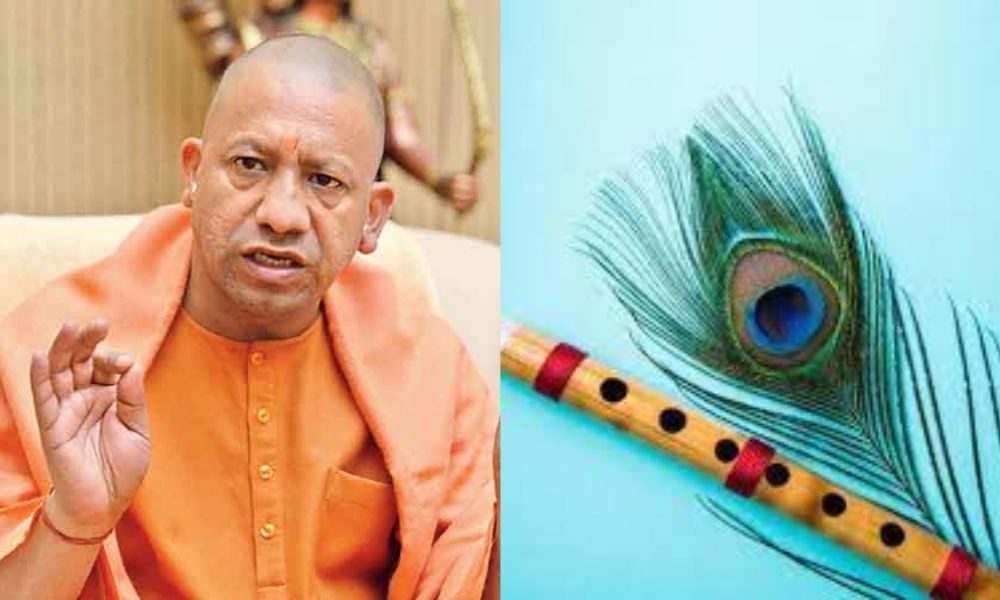
Ayodhya: In line with Chief Minister Yogi Adityanth’s vision to make the consecration ceremony of Lord Ram in Ayodhya a historic event, arrangements have been made to begin the ceremony with ‘Mangal Dhvani’ (auspicious sound) on January 22.
More than 50 enchanting musical instruments from various states will be played for almost 2 hours to produce Mangal Dhvani.
This grand musical program will be a significant occasion for every Indian, symbolizing the unity of diverse traditions in honor of Lord Ram. This auspicious musical program is conceived by Yatindra Mishra, a renowned author, Ayodhya’s cultural expert, and an artist. He is also the coordinator of the program. He has been supported in this work by Kendriya Sangeet Natak Akademi, New Delhi.
During the #PranPratishtha ceremony at Shri Ram Janmabhoomi in #Ayodhya, a grand playing of “Mangal Dhvani” to be held
More than 50 captivating musical instruments from various states to resound in a grand playing of ‘Mangal Dhvani’ starting at 10:00 AM in the morning, gracing… https://t.co/pdQpye3yrP
— PIB India (@PIB_India) January 21, 2024
Musical performance will begin right before the Muhurta
On the sacred and historic occasion of the consecration ceremony in Ayodhya, ‘Mangal Dhvani’ (auspicious sound) will be organized at the temple for approximately 2 hours, starting from 10 am till just before the consecration ceremony.
Champat Rai, the Secretary-General of the Shri Ram Janmabhoomi Teerth Kshetra Trust, mentioned that in Indian culture, Mangal Dhvani (auspicious sound) is composed to bring joy and to mark auspiciousness of an occasion and produced before the deity.
He said that in this context, the consecration ceremony of Lord Shri Ram is a proud moment for every Indian, and to mark this grand occasion, traditional musical instruments from various regions and states of India will be played to produce Mangal Dhvani in front of Shri Ram Lalla.
This consecration ceremony will be concluded in Ayodhya with the auspicious playing of twenty-five prominent and rare musical instruments from different states. It will be presented by artists skilled in those languages.
Major instruments of these states will be played
All types of instruments used in Indian tradition will be played in the temple courtyard. These include Pakhawaj, flute, Dholak of Uttar Pradesh, Veena of Karnataka, Sundari of Maharashtra, Algoza of Punjab, Mardal of Odisha, Santoor of Madhya Pradesh, Pung of Manipur, Nagada and Kali of Assam, Tambura of Chhattisgarh, Pakhawaj of Bihar, Shehnai of Delhi, Ravanahatha of Rajasthan, Srikhol, Sarod of Bengal, Ghatam of Andhra Pradesh, Sitar of Jharkhand, Santar of Gujarat, Nagaswaram, Tavil, Mridang, and Hudka of Uttarakhand.
Skilled and renowned performers of these musical instruments have been selected to play during this event. The music will be played ahead of the chanting of consecration mantras and the address of the country’s leadership.
Importantly, these talented individuals are participating here voluntarily and out of their own inspiration.




